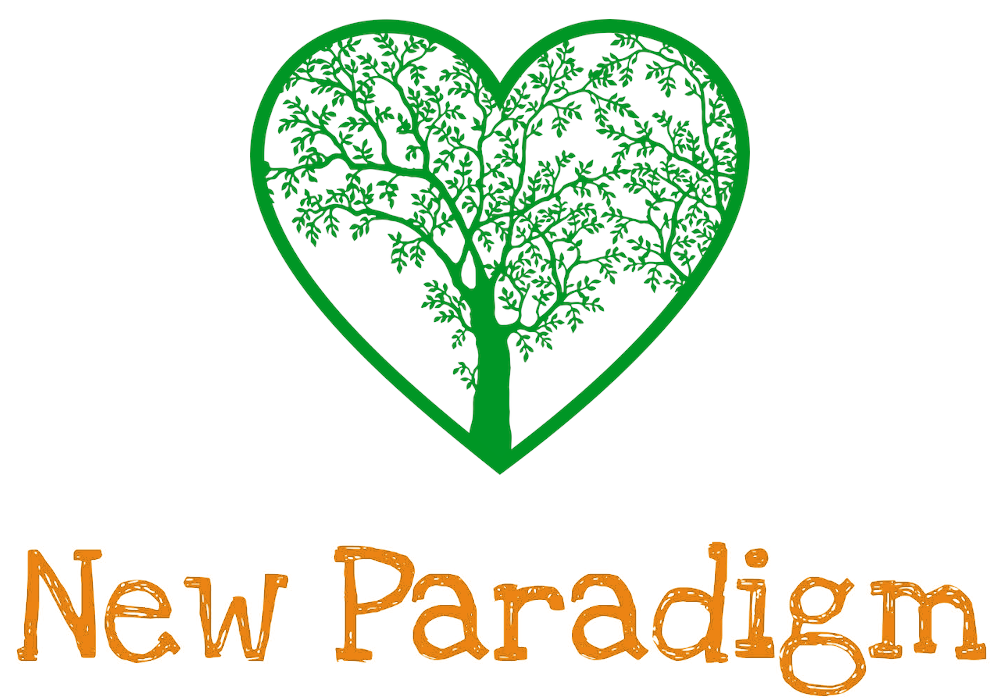
The Old Paradigm tells us that one road leads to the truth, and that if you aren’t on the right road you are ultimately doomed. This leads to an ‘all or nothing’ approach that not only alienates different traditions from one another, but it also limits what a person is able to explore. After all, if you are only allowed to travel one road then you will only see the things that lie along that road. Everything else will be lost to you as you can never deviate from the one path offered.
Fortunately, the New Paradigm embraces the fundamental fact that many paths lead to the truth. In this light, rather than the road itself being all-important, it is the destination that matters. So long as a person is moving toward a cruelty-free, compassion-driven lifestyle it doesn’t matter what roads, paths, or alleys they take to get there. All that matters is that they arrive safe and sound, and as quickly as possible. Not only does this open up countless opportunities for a person to explore, but it also celebrates the diversity of paths available. Now each and every path can be respected and valued for the potential that it holds.
Right Road, Wrong Road
The idea that a spiritual or philosophical path is inherently right or wrong is one that can easily be debunked. All you need is a roadmap to prove this idea false. If you are shown a map and asked to determine which roads are right and which roads are wrong, the question simply won’t make any sense. Roads are just roads. What makes them right or wrong depends on where you are and where you want to be. Only when you know these details can you determine which roads are right for you.
And that’s the point. Even then, it’s not that a particular road is inherently right, it’s that a particular road is right for you. While that road may be the one to take you to where you want to be, it won’t necessarily help someone else get to their destination. Even if their destination is the same as yours, they may be starting from a different location, which means other roads will be right for them. This is precisely how it is with the spiritual journey for each individual. While each path may have much to offer, only specific paths will take you to where you need to be. And it is for you to decide which paths work for you.
Another way that the ‘one road fits all’ notion falls short can be seen in the simple fact that almost no journey uses just one road. Even the simplest journey can require four, five or even half a dozen turns, meaning as many roads are needed to get from point A to point B. If this is true when going to the grocery store, how much more so is it when searching for meaning in life?
Personally, I know that it has taken me many roads, twists and turns to arrive at where I am today. Ironically, I often learned more from the wrong turns I took than from the right ones. Thus, rather than bemoaning the wrong turns, I came to realize that sometimes you have to go the wrong way to get to where you need to be. This means that even the ‘wrong roads’ have value, a value that in a way almost makes them equally right.
Fortunately, the idea that all paths have value allows a person to take as many turns as they need in order to reach their destination. This means that instead of having to pick one path, a person can travel a path for as long as it works, then choose a different one when they want to change direction. Now, rather than the traveler serving the road, the road serves the traveler, the way it was meant to be.
Coexist
Recognizing the value and purpose of different roads leads to a greater appreciation of them, as well as the people traveling them. While the Old Paradigm taught people to look down on beliefs and traditions that were different in any way, the New Paradigm chooses to celebrate this diversity instead. And this new approach is one that will help replace bigotry and hate with compassion and open-mindedness, things our world could do with a whole lot more of.
It should be noted that there were efforts made within the Old Paradigm to reduce the animosity between those traveling different paths in life. Ironically, even these efforts were laced with bigotry and exceptionalism. This can be seen in the term used to express this new approach─ tolerance. At first glance the idea of ‘religious tolerance’ may seem to be a good thing, however, the more you think about it, the worse it becomes.
No one ever ‘tolerated’ a good experience. You don’t tolerate someone you admire or love. You don’t tolerate getting a raise or taking a vacation. Instead, you tolerate pain, trips to the dentist, and relatives that you can’t really stand being around. Therefore, even the term ‘religious tolerance’ exposes the begrudging nature of the act. “I wish you would go away, but I guess I’ll put up with you,” is essentially what that term says. It suggests that the religions being ‘tolerated’ are those not as good as the ones being promoted. Leave it to the Old Paradigm to screw up something as good as embracing diversity.
In contrast, the New Paradigm celebrates diversity. This distinction creates a level playing field for all players involved. Not only does this eliminate bigotry and discrimination, but it also invites the sharing of beliefs and ideas. Ultimately, this takes things to a whole new level. Now, instead of different beliefs being tolerated they are blended, creating a mix that is bigger, stronger, and better than any one single path. Rather than existing side by side, true coexistence means that different traditions can mingle with one another. In the end, what better way to celebrate diversity than to eliminate distinctions altogether?
